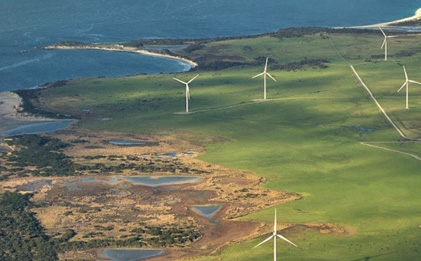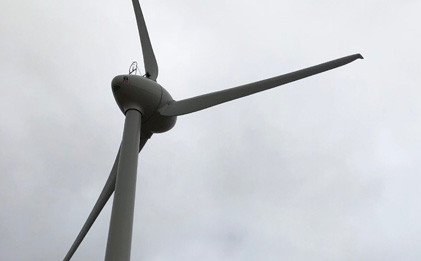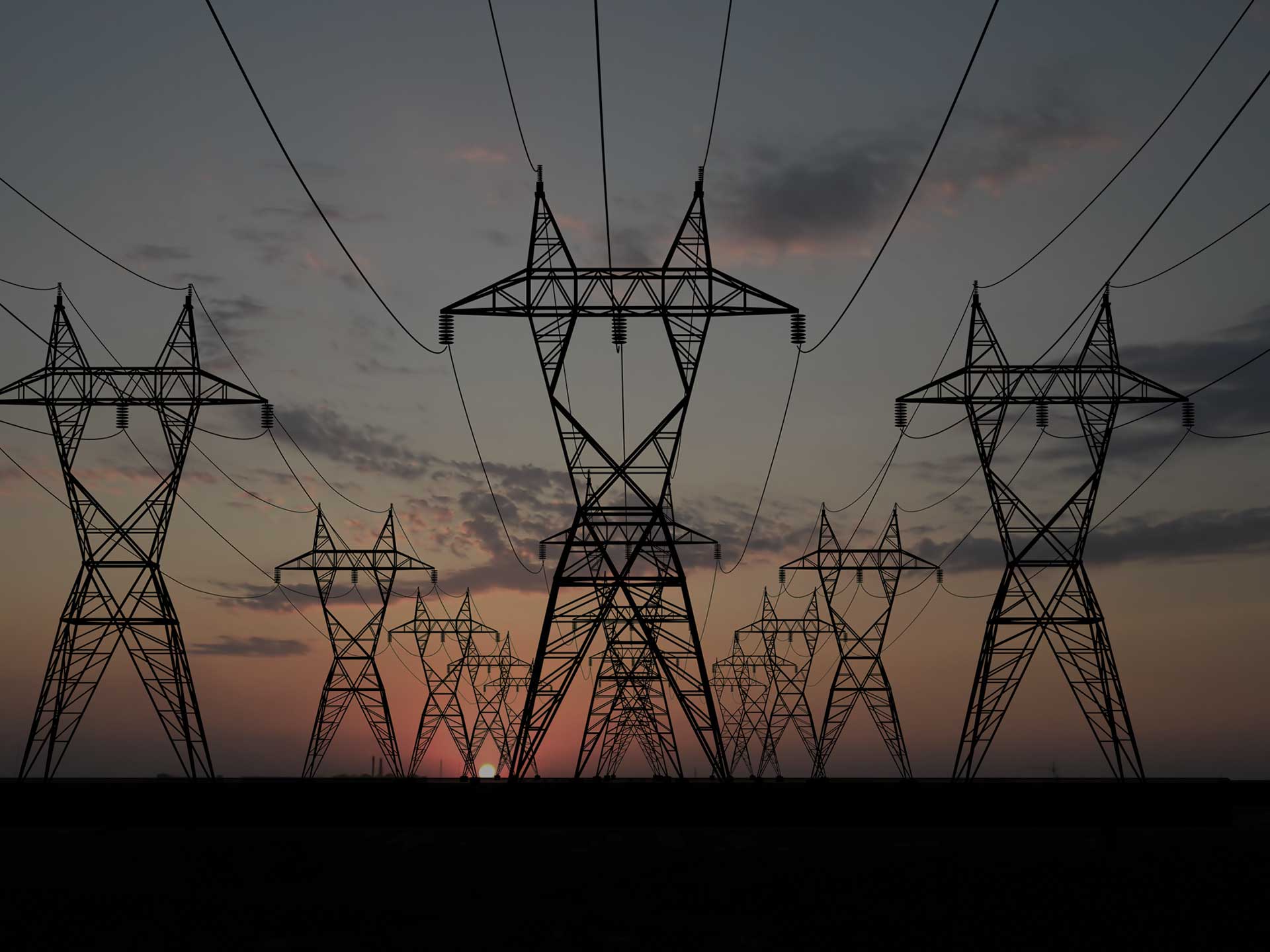Summary
The Musselroe Wind Farm FCAS Trial project is aimed at understanding the economic and commercial case for FCAS participation by wind farms and if viable, enabling the frequency controllers at Musselroe Wind Farm.
The Project will support the business case for current and future participants seeking to participate in the FCAS market. The project will also evaluate the installation of utility-scale storage to capture energy currently not dispatched due to a combination of network and wholesale market conditions, as well as providing FCAS and other grid support services from Musselroe Wind Farm.
Key results
The trial successfully provided FCAS services within the NEM’s specifications. Over the course of nearly 3 years, several software updates and configuration changes, as well as 21 separate tests, on 14 May 2021, Musselroe Wind Farm was able to successfully test and prove compatibility with the NEM requirements for FCAS provision, and was registered for FCAS in November 2021.
The critical outputs of the project include:
- demonstration of the ability of an existing wind farm with Vestas turbines to deliver FCAS and undertake a series of tests in consultation with TasNetworks and AEMO
- summary of the commercial and economic assessment of wind farm participation in the FCAS market
- determination of the requirements for interfacing with AEMO for the purposes of control, communications, and wind forecasting
- determination of the technical impact of enabling FCAS in an existing wind farm rather than a new build wind farm
- evaluation of the integration of utility-scale battery storage to help provide FCAS as well as capture and sell “spilled wind” energy that would otherwise be curtailed
- detail of MRWF’s participation in the FCAS market.
This project consists of:
Learn more
How the project works
This Musselroe Wind Farm FCAS Trial project will enhance the understanding of the technical specifications and envelope for the individual plant components of wind farms, exploring options within these parameters to achieve an Ancillary Services capability.
Wind farms have not been traditional providers of regulation and contingency FCAS services in the NEM. Once the technical feasibility has been assessed the project will move to investigating economic and commercial viability.
The storage assessment component will look to further improve the connection strength and enhance the plant capabilities of wind farms.
Benefit
With the level of intermittent generating capacity entering the NEM increasing, together with the retirement of synchronous coal-fired capacity in recent years, network security and reliability has become a strong market focus. Through this project, new and existing wind farm projects will be able to assess the merits of incorporating FCAS market capability, with the ultimate aim to provide greater network support.
By building confidence in inverter based asynchronous technology, the project aims to demonstrate the improved connection opportunities for wind farms and the development of complementary revenue streams.
Area of innovation
This project is developing further understanding in technical FCAS provision for variable generation, including dynamic optimisation assessments which will be required in power systems in the future where intermittent generation is significant. Similarly, the application of specialist assessments across the entire business value stream of the wind farm for storage scenarios and solutions will enhance the understanding of future hybrid solutions to maximise the value of intermittent generation.









